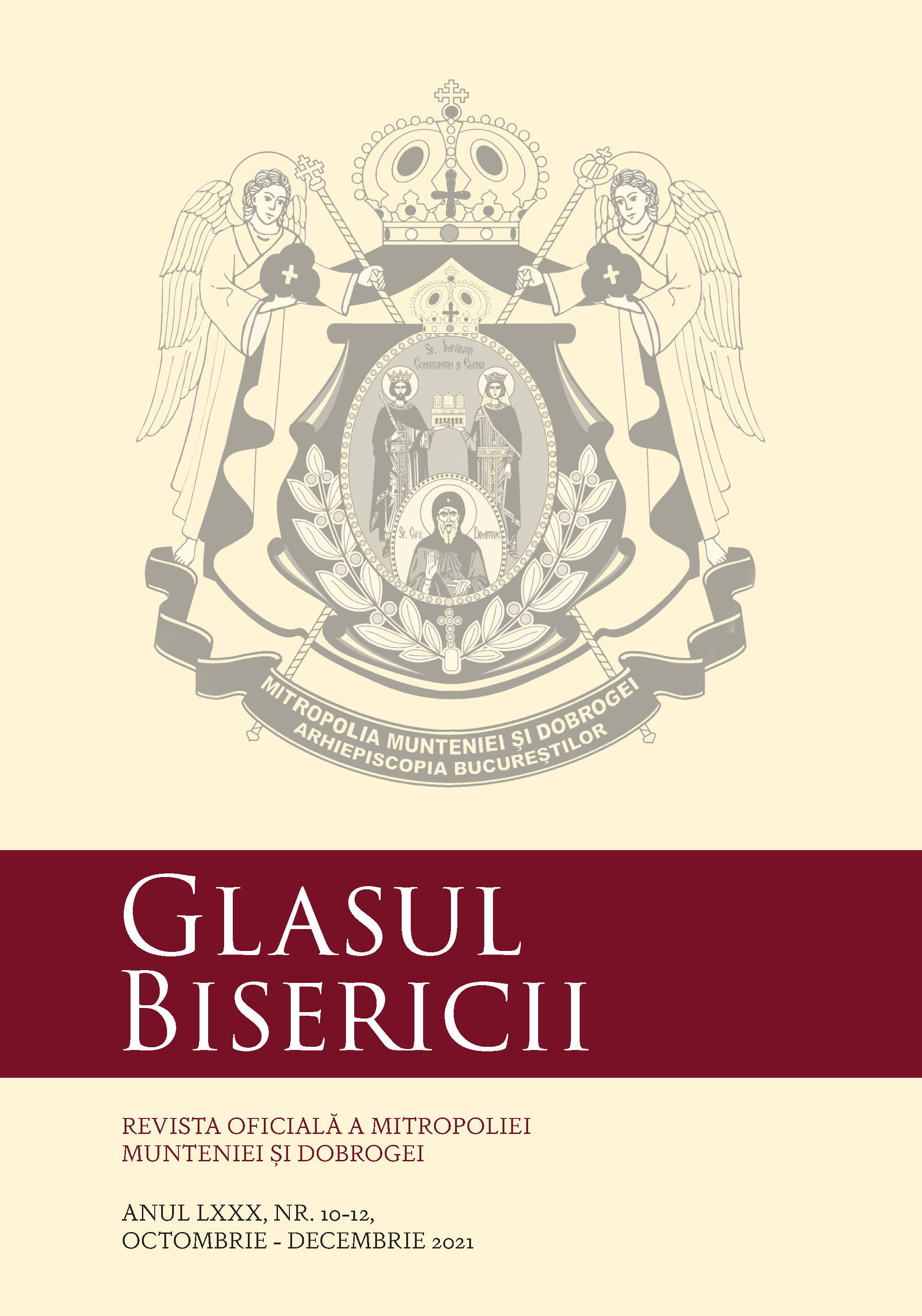O scurtă analiză patristică și științifică a celor trei axiome evoluționiste
A brief patristic and scientific analysis of the three evolutionary axioms
Author(s): Alexandru AnastasiuSubject(s): Christian Theology and Religion, Ancient World, Theology and Religion, Eastern Orthodoxy, Prehistory
Published by: Arhiepiscopia Bucureștilor
Keywords: uniformity; long time; transformism; neo-catastrophism; L.U.C.A.;
Summary/Abstract: The three axioms of evolution are: uniformism, the long period of time, transformism. All of them are the metaphysical ideas which are the origin of evolutionism and define it. When they are considered the opera of the vague god of theists, they become religious ideas. Not being revealed by the true God, but inspired by the pagan philosophy, they are not demonstrated, nor demonstrable, they are not scientific observations, but their distortions only. Without them evolutionism is abolished, having no content. We will meet these three as preconceived ideas in all the „demonstrations” of the evolutionist model. To interpretate the scientific data this way, the researcher must believe in them without researching them, because if he would research them seriously, he could no longer be an evolutionist.In this article we have listed all three evolutionary axioms and we have shown that they are neither in line with the revelation of the Holy Spirit, nor with current scientific data. Uniformity is proved false by Saint Maxim the Confessor, through neo-catastrophism and geological evidence. The long time is shown to be false as well through the VIth Holy Ecumenical Synod, global and local dating (including radiometric) and the presence of unaltered soft tissue in dinosaurs. We have also explained that transformism is false as well, again through the words of the Saint Maxim the Confessor, by studying some false intermediate links, the fossil record, the mutations made on the vinegar flies and the statistics of the mutations.
Journal: Glasul Bisericii
- Issue Year: 80/2021
- Issue No: 10-12
- Page Range: 89-124
- Page Count: 36
- Language: Romanian
- Content File-PDF

